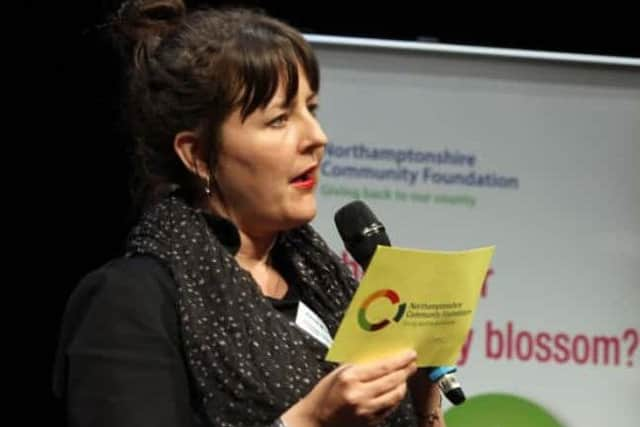Column: Prioritise better mental health to avert a crisis


The third Monday of January is now infamously known as ‘Blue Monday’ a day which is purportedly meant to be the most depressing day of the year.
Except that it isn’t.
The term was coined by a psychologist, Dr Cliff Arnall, in 2005 with Sky Travel sponsoring the research.


Advertisement
Hide AdAdvertisement
Hide AdYou don’t need to be a seasoned cynic to realise that this nifty pseudo-science marketing ploy was conjured up to sell holidays and other companies have since jumped on the bandwagon to use ‘Blue Monday’ as an opportunity to promote products and services.
Incidentally, Dr Arnall was also funded by Wall’s ice cream company to find out the happiest day, which apparently is sometime around midsummer in June to coincide with ice cream eating weather.
In spite of the science being debunked, ‘Blue Monday’ has seeped into the national psyche and the international awareness day calendar, legitimised by the supposed scientific formula of weather plus debt minus time since Christmas day stopped divided by low motivation levels and the need to take action.
There have been varying studies on seasonal mental health and the science concludes that it’s variable.
Advertisement
Hide AdAdvertisement
Hide AdWe currently have a mental health crisis in the UK and for many people ‘Blue Monday’ is a trivialisation of depression and what people may be dealing with throughout the year.
The Hidden Needs Report commissioned by Northamptonshire Community Foundation highlights the fact that in this county alone there are higher than national average incidents of self harm, and the UK has the highest incidents of self harm in Europe according to the Mental Health Foundation. Public Health England data, as reported in the Chronicle and Echo in December, showed that more than one in every nine patients seen by a GP in Northamptonshire has been diagnosed with depression.
This is with a backdrop of cuts to mental health support services, years of underfunding and long waiting times for access to counselling services.
We are also contending with outdated legislation.
In December of last year, there was an independent review of the Mental Health Act 1983.
Advertisement
Hide AdAdvertisement
Hide AdThe chief executive of Mind, a national mental health charity, states on their website that the ‘outdated legislation has seen thousands of people experience poor, sometimes appalling, treatment, who still live with the consequences to this day’. Emotional and mental well-being support networks need to be in place across communities for all of us.
Some of us may have periodic need for support, for example when experiencing grief, or some of us may be living with long term conditions. Mental health awareness and education is growing and this is helping to break down stereotypes.
There are a magnificent number of mental health advocates on social media and the relative anonymity helps some people feel more comfortable about sharing their experiences and feelings.
The Rethink Mental Illness Campaign had several campaign successes recently including being part of a campaign coalition in winning better treatment for people including Seni’s law being passed, which will reduce the use of force in mental health hospitals.
Advertisement
Hide AdAdvertisement
Hide AdMental illness is not a one day event; it’s not something that people snap out of having been sold a holiday in January by Sky Travel based on Dr Arnall’s ropey formula.
The Mental Health Foundation is utilising the extra attention the day brings for raising awareness about mental health by asking people to commit to a random act of kindness and make someone’s day better.
However, it notes that there is ‘no most depressing day of the year’ instead what is of utmost importance is looking after each other throughout the year to protect good mental health for all.